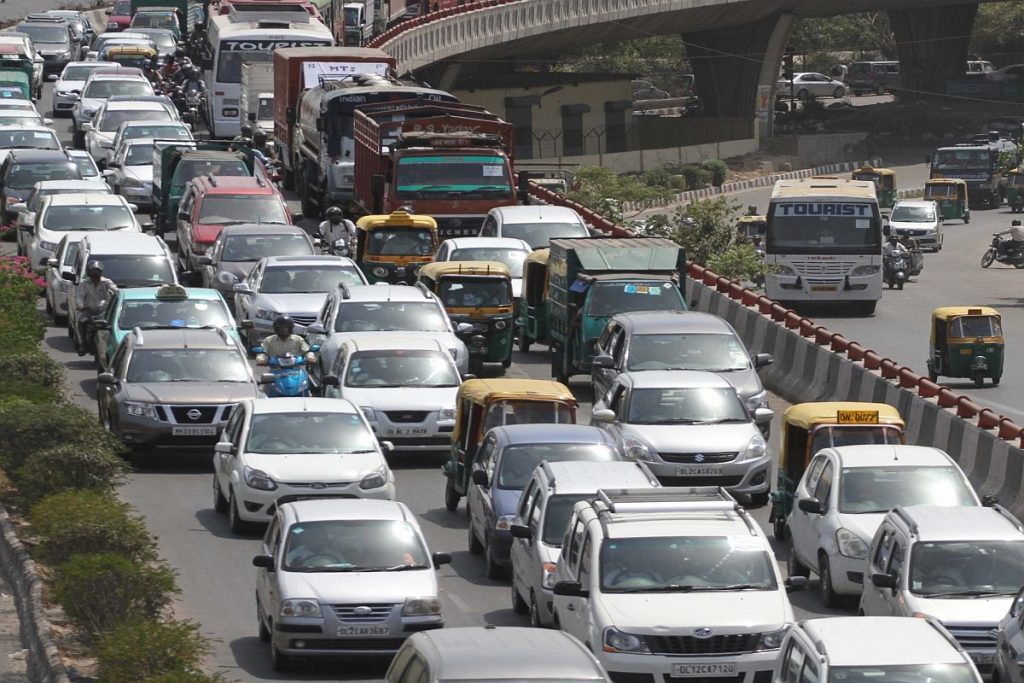The government plans to introduce a cashless treatment service for road accident victims in Ayushman Bharat hospitals. Efforts are underway to fix around 5,000 black spots in the country by May 2025. The goal is to reduce road accident fatalities and injuries by 2030, according to Road Secretary Anurag Jain.
“We plan to introduce cashless medical treatment for all injured road accident victims across the nation within the next three to four months,” Jain said while addressing the International Road Federation (IRF) conference on ‘Vision Zero, Targeting road safety by 5E’s with innovative technologies’, organised in association with the ministry of road transport and highways and Maruti Suzuki.
Jain mentioned that the nationwide scheme, set to be initiated by the ministry, will later integrate with the final scheme to be introduced by the Ministry of Health and Family Welfare.
Discussing the removal of black spots on national highways, Jain mentioned that around 4,000 accident-prone engineering faults have been rectified till date. Authorities are tasked with creating a detailed project report (DPR) for the remaining 5,000 black spots within the next three months. Jain expressed the goal to approve all projects simultaneously, aiming to rectify all engineering defects by May 2025.
Jain mentioned that the road safety audit for all national highways nationwide will soon be completed. The Ministry of Road Transport aims to introduce a system with zero complaints for road maintenance, ensuring all highways are fully managed by the respective highway authorities.
Jain further said that the road ministry has formulated a comprehensive strategy focused on the 5E’s of road safety: education, engineering (both roads and vehicles), enforcement, and emergency care “The electronic Detailed Accident Report (e-DAR) Project has been initiated to establish a central repository for reporting, management and analysis of road accidents data across the country,” he said.
“The successful implementation of the 5 E’s in road safety results in increased awareness, safer road infrastructure, better compliance with traffic laws, encouragement of responsible behavior, and continuous refinement of safety measures. The ultimate outcome is a significant reduction in road accidents, injuries, and fatalities, creating a safer and more secure road environment for everyone” K K Kapila, president, emeritus, International Road Federation (IRF) said. IRF is a Geneva-based global road safety body working for better and safer roads worldwide.
According to the International Road Federation (IRF), India accounts for more than 11% of global fatal road accidents, the highest worldwide. The IRF has undertaken safe road construction projects in seven states, including Tamil Nadu, Kerala, Madhya Pradesh, Rajasthan, Uttar Pradesh, and Karnataka, where all five elements of the 5E’s have been simultaneously implemented, resulting in nearly accident-free roads.



